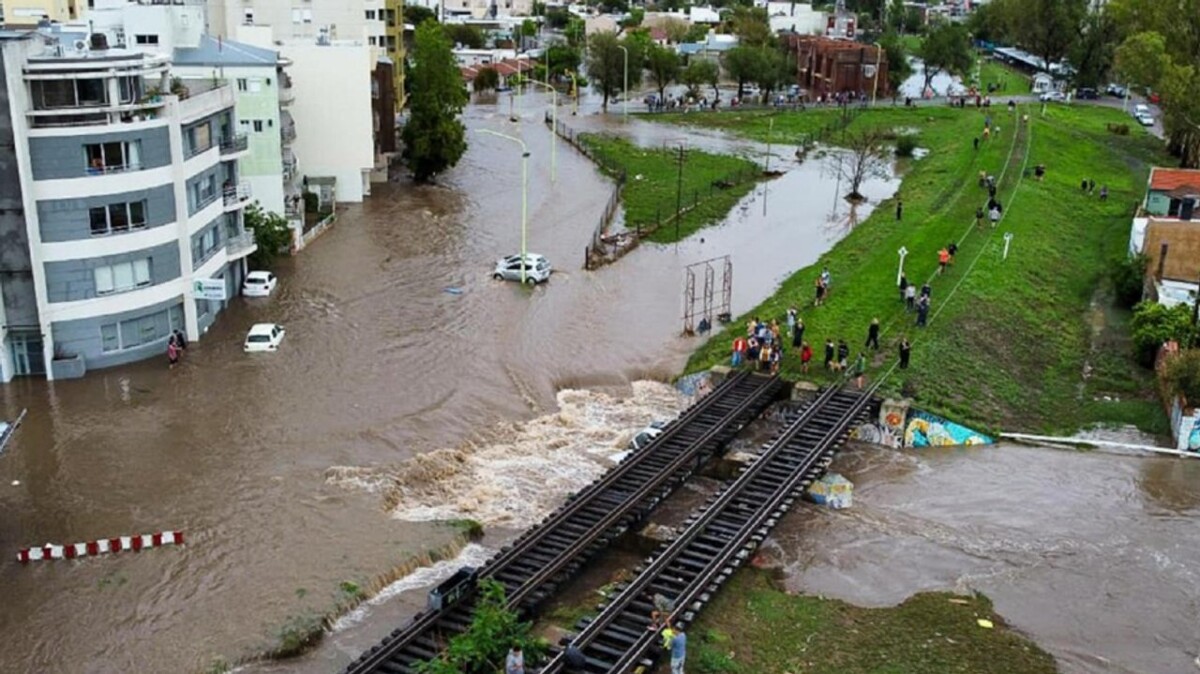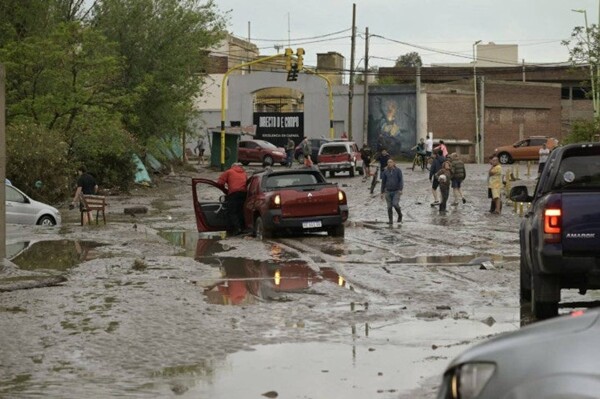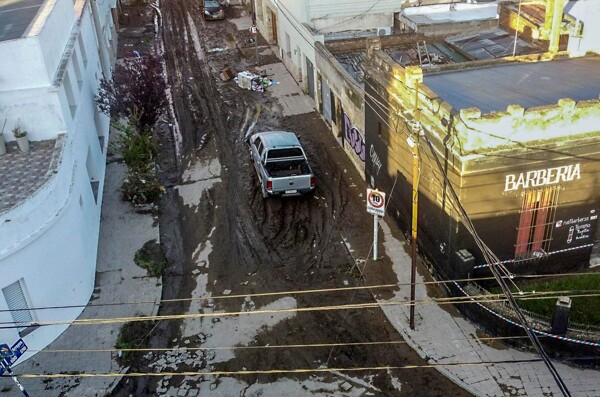
In Bahía Blanca, Argentina, the intense rains that fell in a matter of hours reached 290 millimeters, an amount that is usually recorded over an entire year. This precipitation caused a levee to overflow, rapidly flooding the entire city and affecting Bahía Blanca, Ingeniero White, and General Cerri, as well as nearby neighborhoods.
The consequences of the storm were devastating, with flooded roads, houses submerged in water, and an atmosphere of despair among the inhabitants who lost everything they had. In response to this situation, the solidarity of the population was immediately present, with a considerable number of donations quickly reaching the affected area, breaking records in no time.
Football clubs, parishes, organizations, and individuals came together to provide support to those affected. Donations in cash and goods, transported on a Solidarity Train that departed from the Constitución station, totaled more than 1,200 tons, showcasing the solidarity and generosity of society in times of crisis.
Despite usual differences and tensions, in crises like this, Argentine citizens united in a spirit of mutual aid. Images of the collection centers filled to the ceiling with donations moved many and highlighted the empathy and solidarity present in the community.
A week after the disaster, Bahía Blanca is slowly beginning to rebuild and regain normalcy. However, the toll so far is heartbreaking, with 16 people dead due to the flooding. Search operations continue, especially to locate the two missing sisters, Pilar and Delfina Hecker.
The reconstruction process is estimated to cost around $400 billion, and both the national and provincial governments have announced their commitment to providing the necessary support for the city's recovery. The mayor of Bahía Blanca, Federico Susbielles, indicated that they are moving towards normalization, restoring services, distributing donations, and allowing children to return to school, in a joint effort to overcome the tragedy that struck the city.













